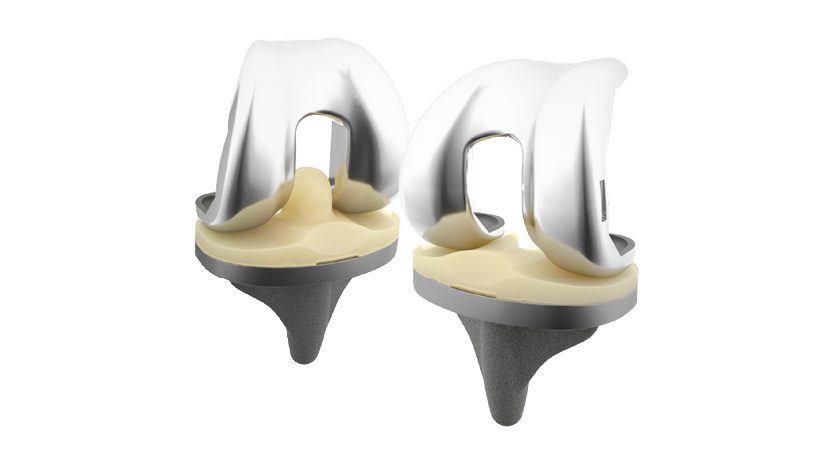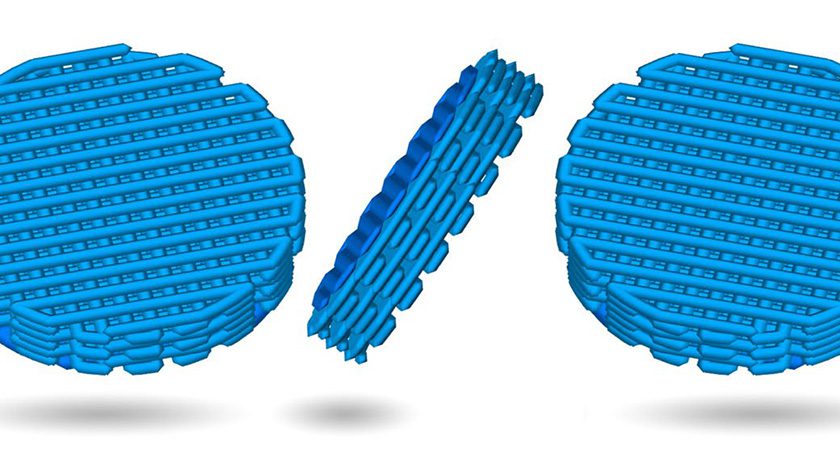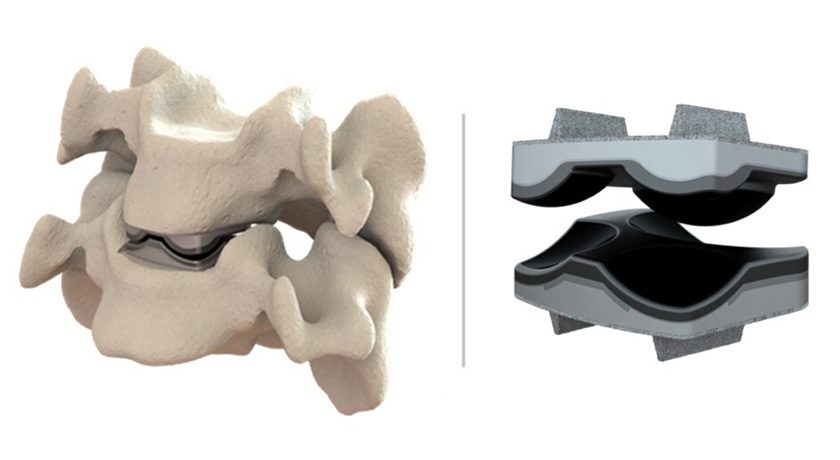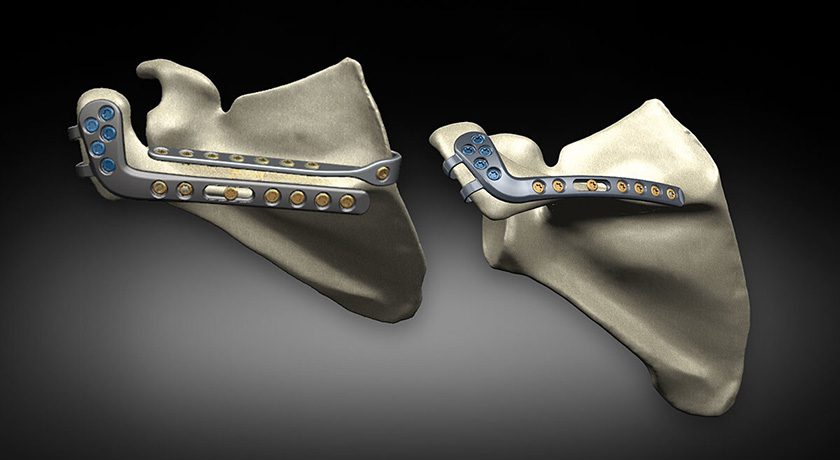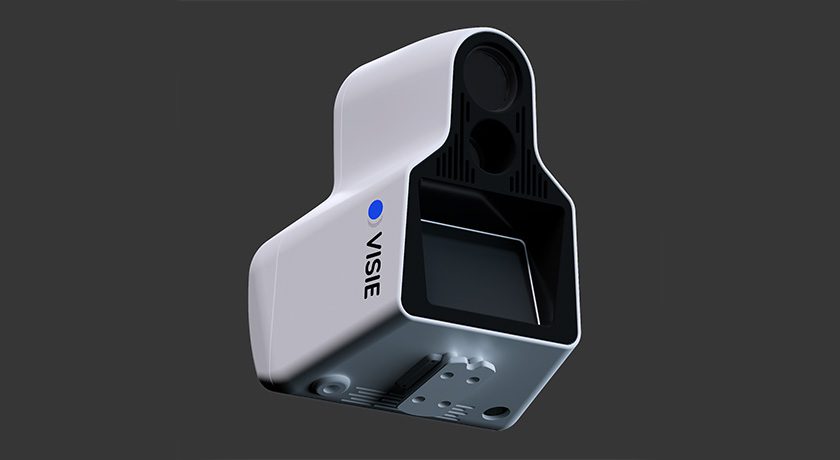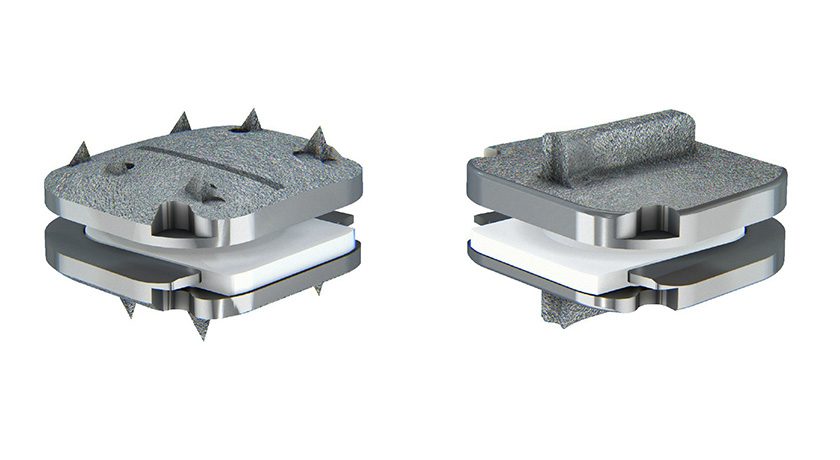

 Copy to clipboard
Copy to clipboard 
Centinel Spine completed enrollment in an Investigational Device Exemption (IDE) study evaluating the company’s prodisc C Vivo and prodisc C SK cervical Total Disc Replacement. This is reportedly the first IDE trial allowing surgeons to select from two different TDR control devices to treat each surgical level individually.
The prospective, randomized clinical trial is designed to evaluate the safety and effectiveness of the prodisc C Vivo and prodisc C SK system by comparing it with Mobi-C (ZimVie), an approved TDR product as a control for 2-level indications, making it the first trial with two investigational devices and a TDR control. The study includes 431 subjects at 29 sites throughout the U.S., with oversight from FDA. The study permits surgeons to select the investigational device—the prodisc C Vivo and/or prodisc C SK—based on the patient’s anatomy, as well as other surgical factors. The ability to treat each level of two-level disease individually provides surgeons with both increased options and opportunities to match the disc to each patient’s anatomical needs.
The prodisc C Vivo system has been in clinical use internationally since 2009. The device has keel-less fixation and combines an anatomically-designed superior endplate with lateral spikes to optimize fit and provide immediate fixation. prodisc C SK features a flat endplate designed for optimized implant positioning that allows surgeons to address individual patient anatomy, with a low-profile central keel that provides immediate fixation and enables a streamlined keel preparation technique.
Source: Centinel Spine, LLC
Centinel Spine completed enrollment in an Investigational Device Exemption (IDE) study evaluating the company’s prodisc C Vivo and prodisc C SK cervical Total Disc Replacement. This is reportedly the first IDE trial allowing surgeons to select from two different TDR control devices to treat each surgical level individually.
The prospective,...
Centinel Spine completed enrollment in an Investigational Device Exemption (IDE) study evaluating the company’s prodisc C Vivo and prodisc C SK cervical Total Disc Replacement. This is reportedly the first IDE trial allowing surgeons to select from two different TDR control devices to treat each surgical level individually.
The prospective, randomized clinical trial is designed to evaluate the safety and effectiveness of the prodisc C Vivo and prodisc C SK system by comparing it with Mobi-C (ZimVie), an approved TDR product as a control for 2-level indications, making it the first trial with two investigational devices and a TDR control. The study includes 431 subjects at 29 sites throughout the U.S., with oversight from FDA. The study permits surgeons to select the investigational device—the prodisc C Vivo and/or prodisc C SK—based on the patient’s anatomy, as well as other surgical factors. The ability to treat each level of two-level disease individually provides surgeons with both increased options and opportunities to match the disc to each patient’s anatomical needs.
The prodisc C Vivo system has been in clinical use internationally since 2009. The device has keel-less fixation and combines an anatomically-designed superior endplate with lateral spikes to optimize fit and provide immediate fixation. prodisc C SK features a flat endplate designed for optimized implant positioning that allows surgeons to address individual patient anatomy, with a low-profile central keel that provides immediate fixation and enables a streamlined keel preparation technique.
Source: Centinel Spine, LLC

You are out of free articles for this month
Subscribe as a Guest for $0 and unlock a total of 5 articles per month.
You are out of five articles for this month
Subscribe as an Executive Member for access to unlimited articles, THE ORTHOPAEDIC INDUSTRY ANNUAL REPORT and more.
JV
Julie Vetalice is ORTHOWORLD's Editorial Assistant. She has covered the orthopedic industry for over 20 years, having joined the company in 1999.


